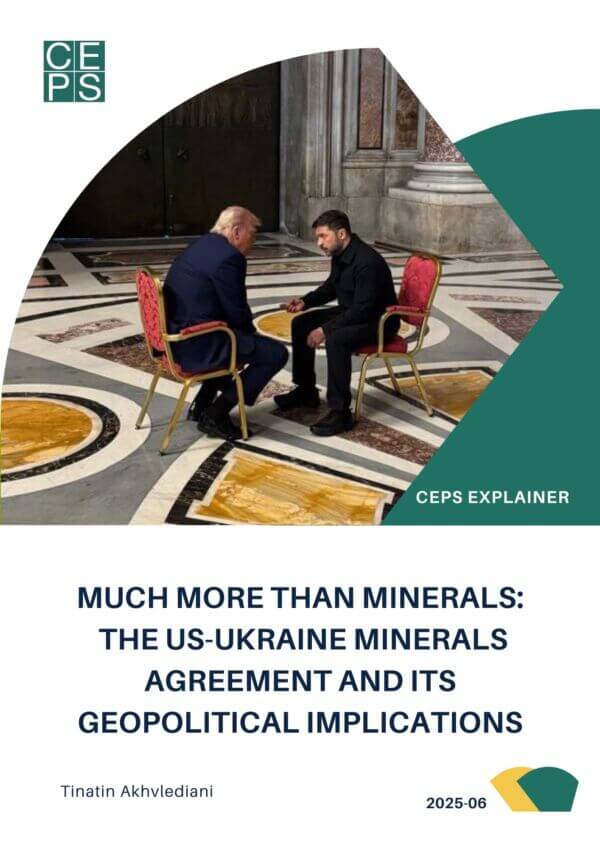The India-Middle East-Europe Economic Corridor (IMEC), is a geoeconomic project that propels infrastructure connectivity higher than ever onto the geopolitical agenda of global powers. Its announcement at the 2023 G20 New Delhi Summit leaves no doubt – India is in the driving seat, and the starting point for a corridor connecting East to West. The Middle East takes the centre spot, critical but spanning a wide range of political and economic realities, from the Arabian Gulf to the Eastern Mediterranean. Europe and the EU’s single market are the destination, as coveted by faraway economic partners.
IMEC’s global scale from Asia to Europe stops short of glossing over the challenging realities of the Euro-Mediterranean region. While plans for transport, trade, energy and digital connections are examined, conflicts and human rights violations escalate, inequalities widen, the impacts of climate change worsen, and inter-Mediterranean partnerships suffer from under-investment and political instrumentalisation. Based on three scenarios sketching IMEC’s uncertain future by 2040, this paper draws on findings that highlight the urgency for the corridor’s Euro-Mediterranean governance to change course.
Less than a year after IMEC’s global launch, more than 10 months on since the beginning of the conflict in Gaza, as well as a watershed moment for the international community, the outlined policy recommendations can be of immediate relevance to European policymakers and their partners across the Mediterranean.
This paper was produced following the authors’ participation in the 2024 Euromesco Annual Conference, where they were invited to lead a dedicated foresight session.








